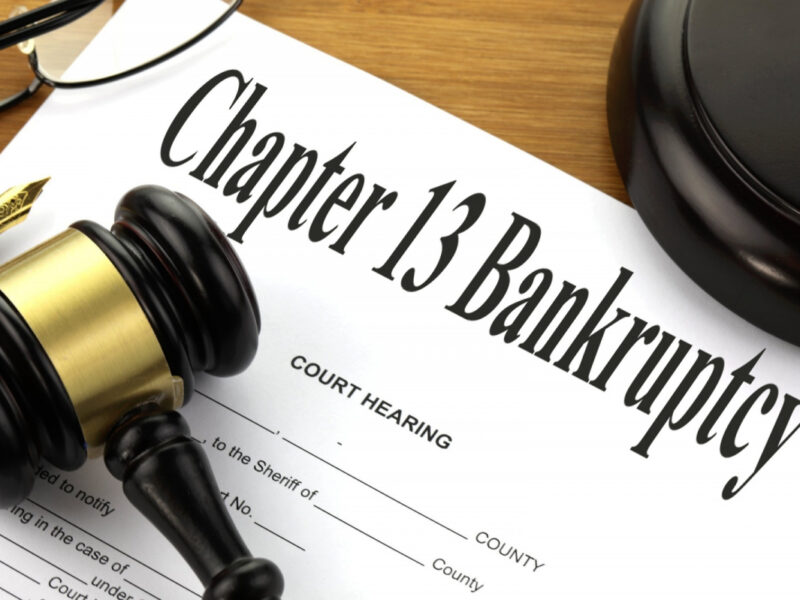As reorted by WestlawNext, Couple denied discharge for failing to disclose real property (Bkrtcy.D.Utah)
(August 26, 2015) – A Utah couple’s failure to disclose their interest in two lots and their ownership of the entity that held the property warrants denial of a Chapter 7 discharge, a bankruptcy judge has ruled.
In re Biorge et al., No. 10-23318; Rupp v. Biorge et al., Adv. No. 13-2430, 2015 WL 5016844 (Bankr. D. Utah Aug. 24, 2015).
The debtors acted with reckless disregard for the truth, thus satisfying the requirement they knowingly and fraudulently made false statements in their bankruptcy filing, U.S. Bankruptcy Judge Joel T. Marker of the District of Utah said.
Donald and Monica Biorge filed a Chapter 13 bankruptcy petition in March 2010.
Ten days before filing, Donald transferred two parcels of real property to a holding company owned by the couple. However, they never disclosed the transfer, their interest in the properties or their ownership of the holding company in their bankruptcy papers, according to the Bankruptcy Court opinion.
The debtors confirmed a Chapter 13 plan in October 2010 and made the required payments for several years.
In May 2013 one of the couple’s creditors sought to dismiss the bankruptcy, informing the Bankruptcy Court about the lots and the holding company.
The Biorges converted their case to Chapter 7 in July 2013 after retaining new counsel.
Chapter 7 trustee Stephen W. Rupp eventually sold the two lots for $200,000, the opinion said.
In October 2013 the trustee filed an adversary proceeding under Sections 727(a)(2)(A) and (a)(4)(A) of the Bankruptcy Code, 11 U.S.C.A. §§ 727(a)(2)(A) and (a)(4)(A), seeking to deny the Biorges a bankruptcy discharge.
Transfer to hinder, delay or defraud
Section 727(a)(2)(A) provides that a bankruptcy court must grant a discharge unless the debtor “transferred, removed, destroyed, mutilated or concealed” property “with intent to hinder, delay or defraud” creditors within one year prior to filing bankruptcy.
Judge Marker said the claim must be dismissed with respect to Monica, because she did not transfer the lots and was not even aware of the transfers until after they occurred.
The judge, however, rejected Donald’s claim that he lacked the necessary intent because he was following the advice of his former counsel.
“Donald knew exactly what he did and why he did it,” the judge said. “Even if he did not intend to defraud creditors, he certainly intended to hinder or delay them from reaching his assets, and that is enough to deny his discharge under Section 727(a)(2)(A).”
False oath or account
Section 727(a)(4) says a debtor can be denied a discharge for knowingly and fraudulently making a false oath or account in connection with the bankruptcy case.
Noting the couple’s concession that they did not disclose the lots or the holding company in their original bankruptcy filing or at the meeting of creditors, Judge Marker said the only issue was whether they did so “knowingly and fraudulently.”
The debtors’ advice-of-counsel defense failed because they could not recall during court testimony whether their former attorney actually advised them not to disclose the relevant information, the judge said.
“The trustee has shown, at the very least, that the Biorges acted with a reckless disregard for the truth, which is enough to satisfy the ‘knowingly and fraudulently’ prong of Section 727(a)(4)(A),” the judge found, citing In re Butler, 377 B.R. 895 (Bankr. D. Utah 2006).
Consequently, both debtors must be denied a discharge on this basis, he concluded.
By Michael Nordskog
